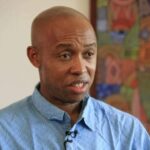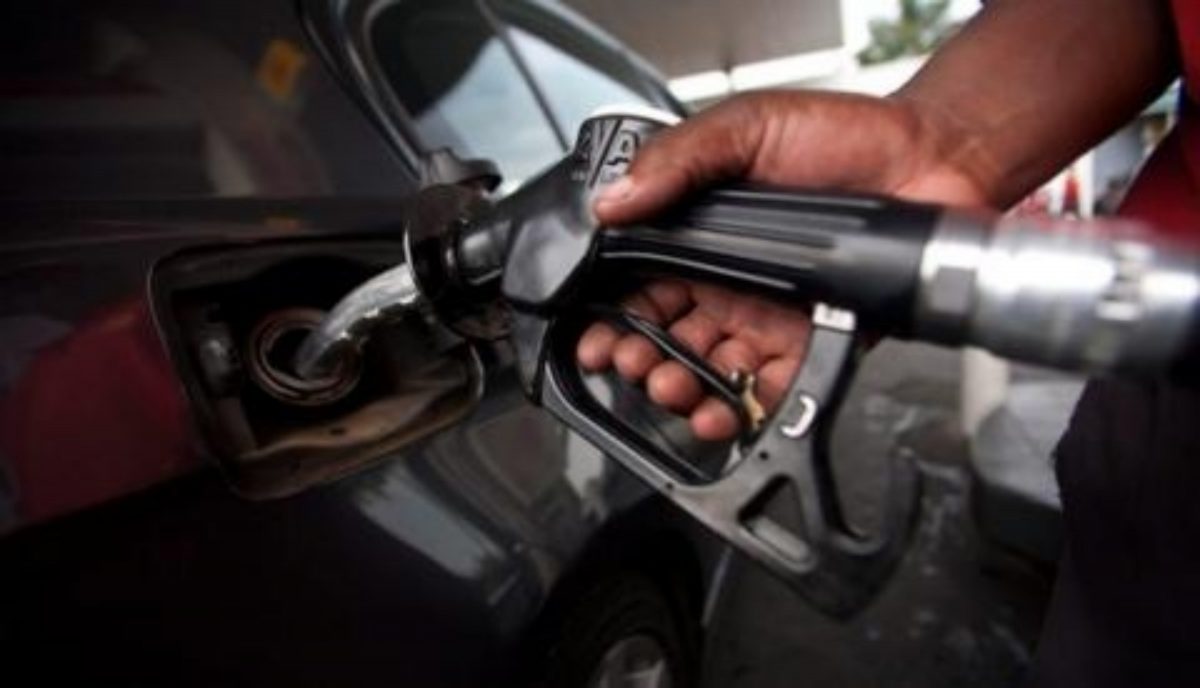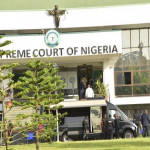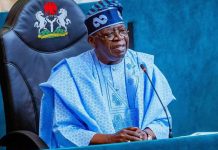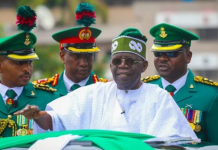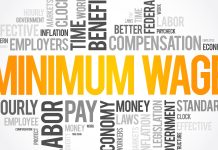On January 1, 2012, the administration of President Goodluck Jonathan announced a decision to remove the petroleum subsidy. The current rulers of Nigeria were then the main opposition. They did oppose the measure quite volubly. The continental and global context then was quite febrile. The Arab Spring was then in full swing and the fear of a continental contagion was real when the country rose in a well-orchestrated protest against the removal of fuel subsidy in January 2012.
More than 11 years ago, they prosecuted a vigorous case against the removal. Today, that opposition, now in government, has implemented the measure which they opposed. The case they now make against the subsidy and its removal is situational: it is no longer sustainable.
In his broadcast to Nigerians on July 31, 2023, Asiwaju Bola Ahmed Tinubu, buried the petroleum subsidy with faint praise as a “once beneficial measure” before declaring that it “cost us trillions of Naira yearly” which “would have been better spent on public transportation, healthcare, schools, housing and even national security”.
The formal announcement of the subsidy removal came in the form of an ad libitum at the presidential inauguration on May 29, 2023. The government has thereafter sought to work its way to a pre-determined answer.
The ongoing public policy conversation on the petroleum subsidy assumes that it is informed by factual accuracy. In reality, the conversation recycles a considerable body of myth and urban legend. It is essential to cut through some of these.
Myth 1: The problem is subsidy
In June 2023, the Macroeconomic Analysis Department of Nigeria’s Ministry of Finance, Budget and National Planning, finalised a study on the ‘Impacts of Fuel Subsidy Removal on the Nigerian Economy’. According to the study, “In 2019, the Nigerian government spent N0.55 trillion on fuel subsidy. Since then, fuel subsidy payments have greatly increased to N3.74 trillion in 2022. The budgetary provision for fuel subsidy is N3.36 trillion in the first half of 2023, suggesting that the fuel subsidy provision for the full year will reach N6.72 trillion”.
After the government removed the subsidy in 2012, the House of Representatives then constituted an ad-hoc committee “to verify and determine the actual subsidy requirements and monitor the implementation of the subsidy regime in Nigeria”, which was chaired by Honorable Farouk Lawan. The report of the Committee determined quite clearly that “contrary to statutory requirements and other guidelines under the Petroleum Support Fund (PSF) scheme mandating agencies in the industry to keep reliable information database, there seemed to be a deliberate understanding among the agencies not to do so. This lack of record keeping contributed in no small measure to the decadence and rots the committee found in the administration of the PSF”.
Concerning the costs of the measure, the committee found for the year immediately preceding the decision by the Jonathan administration that “contrary to the earlier official figure of subsidy payment of N1.3 trillion, the accountant general of the federation put forward a figure of N1.6 trillion, the CBN N1.7 trillion, while the committee established subsidy payment of N2,587.087 trillion as at December 31, 2011”.
Even more specifically, the committee found that “while NNPC feasted on the federation account to bloat the subsidy payable, some of the marketers were involved in claiming subsidy on products not supplied. The PPPRA laid this foundation by allocating volumes of products each quarter to the marketers which it knew were not in conformity with its own guidelines for participation”.
Under the Jonathan administration, subsidy payments were computed on a presumed consumption of 30-35 million litres of petrol daily. In opposition, the All Progressives Congress (APC) argued with some justification that this figure was high. In December 2016, then-petroleum minister, Ibe Kachikwu, claimed that the administration had reduced the presumptive consumption of petrol to 28 million litres daily.
Thereafter, the APC appeared to have lost the magic wand that drove down the fuel consumption, allowing the computation of subsidy to implausibly skyrocket to a presumed daily rate of 93 million litres. As columnist, Isaac Anyaogu, points out “car ownership has fallen yet petrol consumption has ballooned according to NNPC figures”.
In October 2019, the Buhari administration closed Nigeria’s land borders claiming that it did so to address the smuggling of various essential goods, including petrol. Two months thereafter, by December 2019, President Buhari claimed that the border closure had reduced the consumption of petrol in Nigeria by about 30%. Somehow, this was not reflected in subsidy payments, which kept rising.
Evidently, the problem is not petroleum subsidy but impunity for corruption in its administration. The Nigerian elite in government, unwilling to hold themselves to account for this chronic crime of plunder of the patrimony, has chosen instead to socialize the costs of impunity for it in the form of what it calls subsidy removal.
Myth 2: There will be savings from removing subsidy
In August 2016, the administration of Muhammadu Buhari announced that it had saved N1.4 trillion from removing petroleum subsidy. A mere six years later, the same party in power now claims that the system is unsustainable with no need to explain to Nigerians how that came about or to hold anyone accountable for that. Instead, on July 31, 2023, the same administration in power claimed again to have saved N1 trillion from non-payment of subsidy in just two months.
But in the first week of August 2023, representatives of organised labour disclosed that administration officials whom they had met with honestly admitted that “not one kobo has been saved so far”. This does not take a lot of effort to figure out. Three elements wipe out any presumed savings from the subsidy.
First is the cost of government overheads. With the escalation in petrol price from N197 to N617, the cost of petrol has risen by over 310%. Official vehicles of government at state and federal levels require petrol bought from the same open market from which ordinary citizens procure theirs. With no evident reduction in official fleet operations, many government departments are reporting over 250% increase in petrol and transport costs. While the administration appeals to Nigerians to make sacrifices, it refuses to heed its own counsel and the incoming cabinet at about 70 will be the largest since the return to civil rule in 1999
Second, capital project costs will all suffer variation resulting in upward reviews to reflect the new market realities. Since transport and logistics are the mainstay of all public works projects, the average level of variation is likely to rise beyond the 200% range.
Third, public servants whose net pay has been roundly hit by the rising cost of living occasioned by the subsidy removal are likely to escalate public sector costs by padding budget lines with subsistence provisions. Anyone promising savings from subsidy removal is either committed to selling fiction or has simply not looked at the structure of public expenditure.
Myth 3: Subsidy removal will spur economic growth
In its study on the impacts of subsidy removal concluded in June 2023, the Federal Ministry of Finance, Budget and National Planning concluded that “a total removal of fuel subsidy would affect the economy negatively by reducing the real GDP growth, raising prices of goods and services, and decreasing incomes of rural and urban households”.
Two of the three alternative policy simulations conducted as part of this study by the ministry found that the policy will result in a contraction in real GDP and all the options concluded that the impacts of the policy would be negative on poor and low-income families as well as the manufacturing sector.
The focus on subsidy removal cops out of hard decisions on accountability and on shrinking the size and cost of governance. While the rich tell poor Nigerians to tighten their belts, they are busy in both the elected arms of government and the judiciary implementing a dynastification of the country, a bloating of the costs of government, and sustenance of easily debunked myths about petrol pricing.
In summary, subsidy removal shrinks the stomach of the poor so that Nigeria’s elite can keep enlarging theirs.
